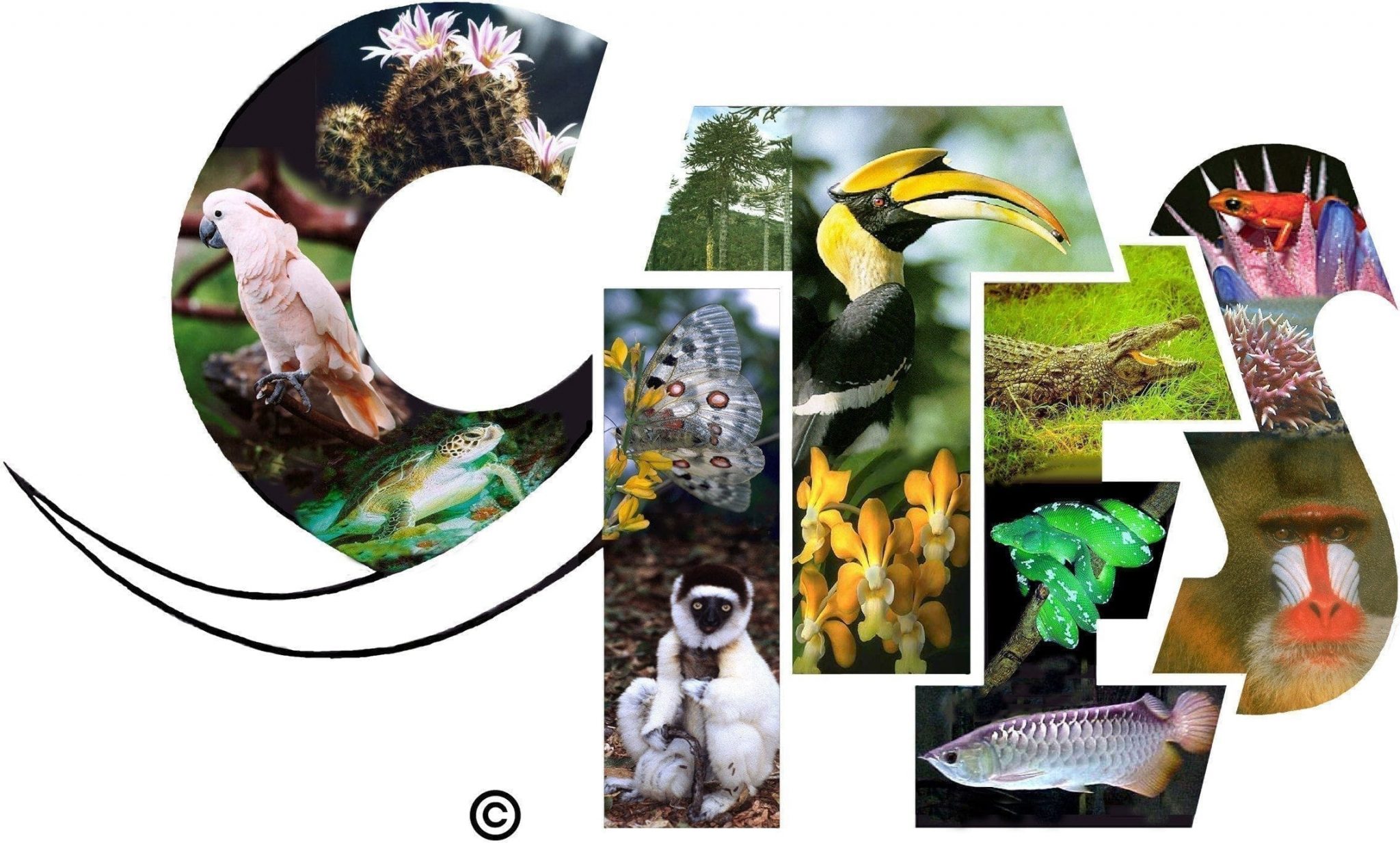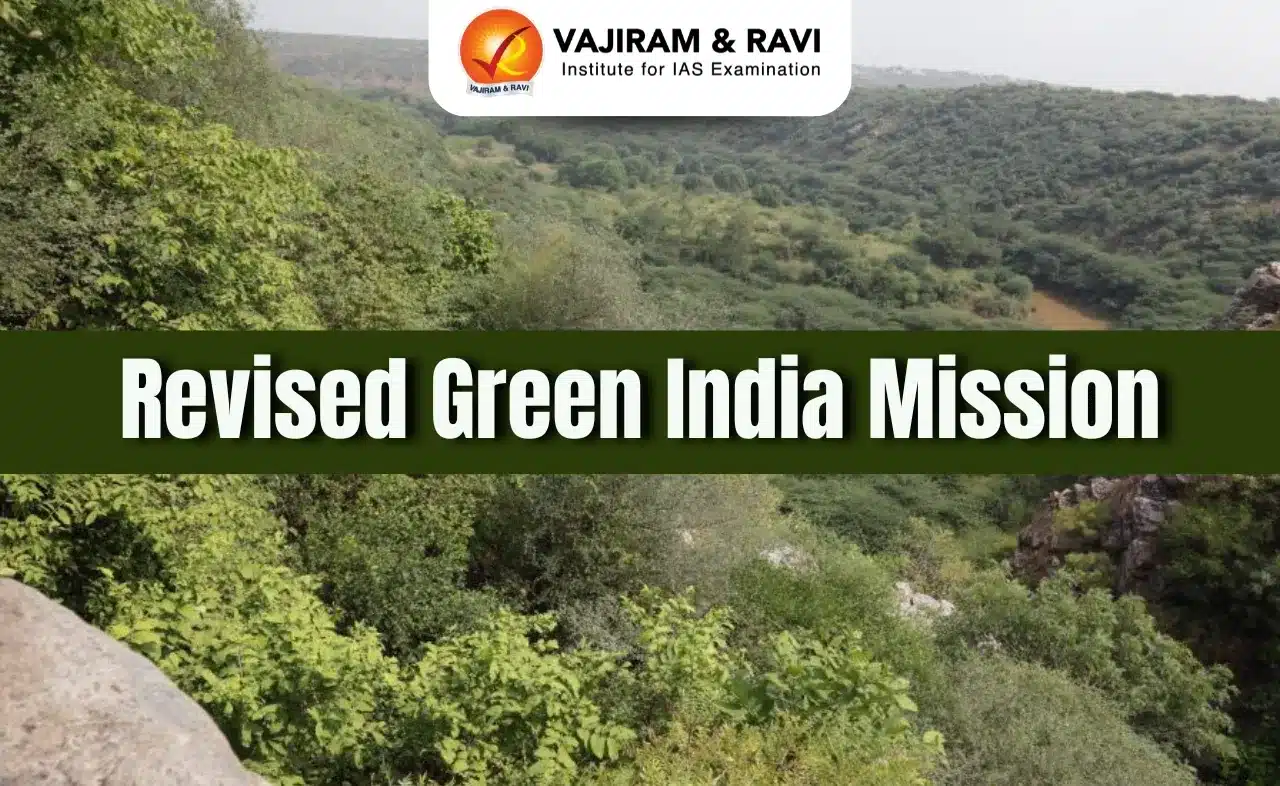What’s in today’s article?
- About CITES (Purpose, Background, Classification, etc.)
- News Summary (Changes approved)
Why In News?
- India got rules for export of timber-based products made of Shisham or North India Rosewood eased under the Convention on International Trade in Endangered Species of wild fauna and flora (CITES).
- The 19th meeting of the Conference of Parties to CITES is being held in Panama from 14th to 25th of November 2022.
CITES
Background
- CITES, which stands for the Convention on International Trade in Endangered Species of Wild Fauna and Flora, is a global agreement among governments to regulate or ban international trade in species under threat.
- In the mid-20th century, governments were beginning to recognize that trade in some wild animals and plants had a devastating impact on those species.
- These species were being driven toward extinction through unsustainable use for food, fuel, medicine, and other purposes.
- And while individual governments could control what happened within their borders, they did not have a way to address the impacts of international trade in these species.
- In 1973, 21 countries addressed this issue by signing the CITES agreement.
About the Agreement:
- CITES remains one of the cornerstones of international conservation.
- There are 184-member Parties and trade is regulated in more than 38,000 species.
- Representatives of CITES nations meet every two to three years at a Conference of the Parties (or COP) to review progress and adjust the lists of protected species.
- The protected species are grouped into three categories with different levels of protection –
- Appendix I –
- Includes the world’s most endangered plants and animals, such as tigers and gorillas.
- International commercial trade in these species, or even parts of them, is completely banned, except in rare cases such as scientific research.
- Appendix II –
- Contains species like corals that are not yet threatened with extinction, but which could become threatened if unlimited trade were allowed.
- Also included are “look-alike” species that closely resemble those already on the list for conservation reasons.
- Plants and animals in this category can be traded internationally, but there are strict rules.
- Appendix III –
- Species whose trade is only regulated within a specific country can be placed on Appendix III if that country requires cooperation from other nations to help prevent exploitation.
- Appendix I –
- CITES also brings together law enforcement officers from wildlife authorities, national parks, customs, and police agencies to collaborate on efforts to combat wildlife crime targeted at animals such as elephants and rhinos.
News Summary:
- The 19th meeting of the Conference of Parties to CITES is being held in the scenic city of Panama from 14th to 25th of November 2022.
- At the meeting, India got rules for export of timber-based products made of Shisham or North India Rosewood eased.
Background:
- Shisham (Dalbergia sissoo) is included in Appendix II of the convention, thereby requiring to follow CITES regulations for the trade of the species.
- As of now every consignment of weight above 10 kg requires CITES permit.
- Due to this restriction exports of furniture and handicrafts made of Dalbergia sissoo from India has been continuously falling from an estimated Rs 1000 crore per annum before the listing, to Rs 500-600 crore per annum after the listing.
- The decrease in exports of Dalbergia sissoo products has affected the livelihoods of around 50,000 artisans who work with the species.
Changes approved:
- On India’s initiative a proposal to clarify the quantity of Shisham (Dalbergia sissoo) items such as furniture and artefacts was considered in the current meeting.
- After sustained deliberations by Indian representatives, it was agreed upon that any number of Dalbergia sissoo timber-based items can be exported as a single consignment in a shipment without CITES permits if the weight of each individual item of this consignment is less than 10 kg.
- Further, it was agreed that for net weight of each item only timber will be considered and any other item used in the product like metal etc. will be ignored.
- This is a great relief for the Indian artisans and furniture industry.
Last updated on June, 2025
→ UPSC Notification 2025 was released on 22nd January 2025.
→ UPSC Prelims Result 2025 is out now for the CSE held on 25 May 2025.
→ UPSC Prelims Question Paper 2025 and Unofficial Prelims Answer Key 2025 are available now.
→ UPSC Calendar 2026 is released on 15th May, 2025.
→ The UPSC Vacancy 2025 were released 1129, out of which 979 were for UPSC CSE and remaining 150 are for UPSC IFoS.
→ UPSC Mains 2025 will be conducted on 22nd August 2025.
→ UPSC Prelims 2026 will be conducted on 24th May, 2026 & UPSC Mains 2026 will be conducted on 21st August 2026.
→ The UPSC Selection Process is of 3 stages-Prelims, Mains and Interview.
→ UPSC Result 2024 is released with latest UPSC Marksheet 2024. Check Now!
→ UPSC Toppers List 2024 is released now. Shakti Dubey is UPSC AIR 1 2024 Topper.
→ Also check Best IAS Coaching in Delhi
























